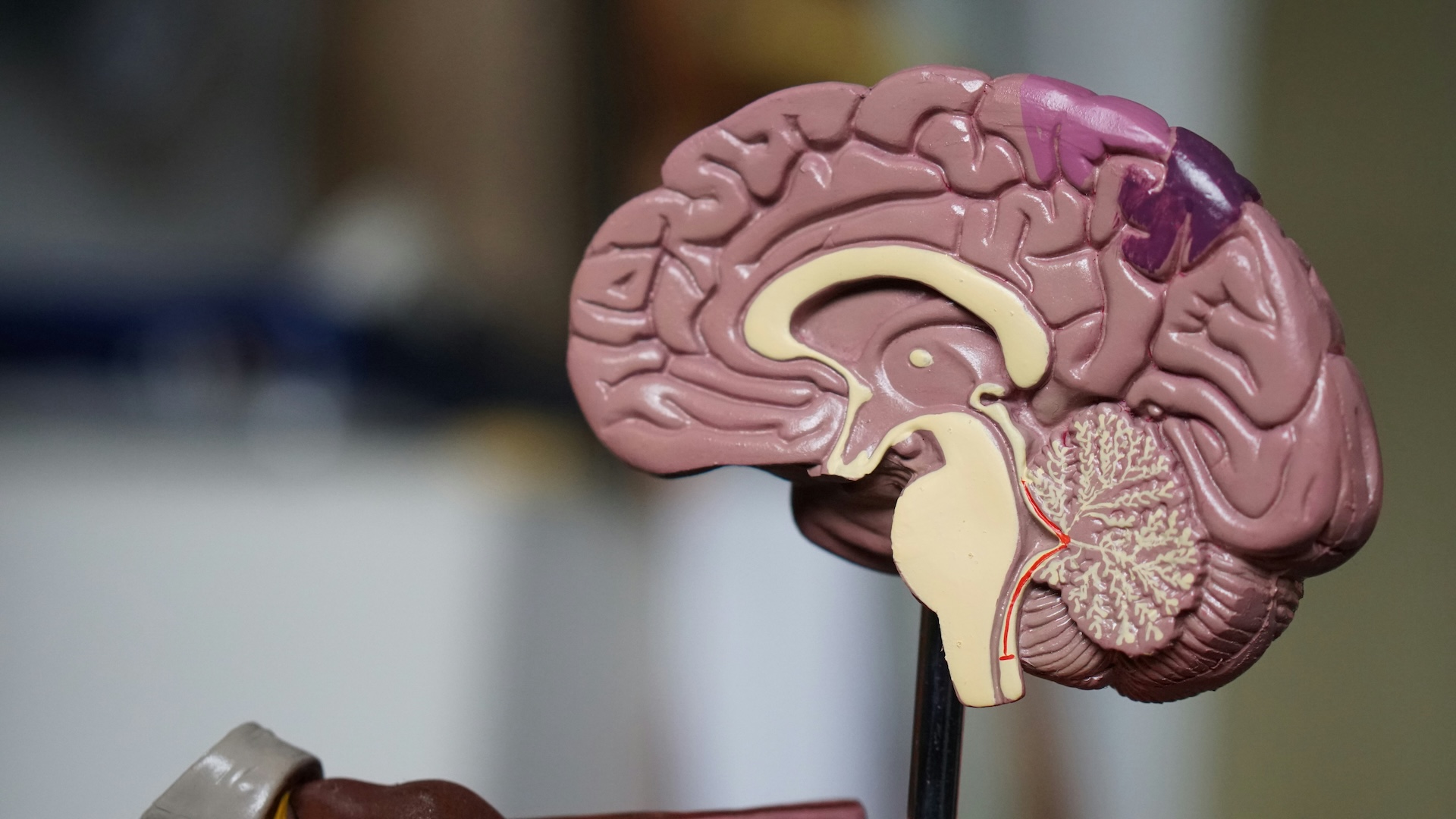Breakthrough Treatment for Rare Disease Shows Promise

Medical researchers at the Advanced Treatment Research Center celebrate breakthrough results from clinical trials for a revolutionary gene therapy treatment for rare genetic disorders.
Photo by Dr. Sarah Kim / Medical Research Journal
Clinical trials for a groundbreaking gene therapy treatment have shown remarkable success in treating a rare genetic disorder, offering hope to thousands of patients worldwide who previously had limited treatment options. The innovative approach represents a significant advance in personalized medicine.
The treatment, developed through collaboration between multiple research institutions, uses advanced gene editing techniques to address the underlying genetic causes of the condition. Early results show dramatic improvements in patient outcomes with minimal side effects.
Revolutionary Gene Therapy Approach
The innovative treatment uses precisely targeted gene editing to correct genetic mutations responsible for the rare disorder. Unlike traditional treatments that only manage symptoms, this approach addresses the root cause of the condition at the cellular level.
“This breakthrough represents a new paradigm in treating genetic disorders. We’re not just managing symptoms anymore – we’re actually correcting the underlying genetic problems that cause these conditions.” — Dr. Michael Chen, Lead Researcher at the Advanced Treatment Research Center
Clinical Trial Success
The Phase III clinical trial involved 200 patients across multiple medical centers, with 87% showing significant improvement in primary outcome measures. Patients experienced substantial improvements in quality of life, with many able to resume normal activities for the first time in years.
Safety profiles have been excellent, with no serious adverse events related to the treatment. The gene therapy requires only a single administration, making it far more convenient than existing treatments that require ongoing medication or frequent medical interventions.
Patient Impact Stories
Patients participating in the trial report life-changing improvements in their condition. Many have been able to return to work, engage in physical activities, and participate fully in family life after years of debilitating symptoms.
The treatment has shown particular success in pediatric patients, with children showing remarkable recovery and normal development following treatment. These results offer hope for families dealing with genetic disorders that previously had limited treatment options.
Collaborative Research Success
The breakthrough resulted from unprecedented collaboration between academic researchers, pharmaceutical companies, and patient advocacy groups. This cooperative approach accelerated development timelines while ensuring patient needs remained central to the research process.
International research partnerships enabled rapid patient enrollment and data sharing, demonstrating how global cooperation can advance medical research. The collaborative model is being adopted for other rare disease research programs.
Regulatory Approval Process
Based on the exceptional trial results, regulatory agencies have granted fast-track approval status for the treatment. The accelerated review process could make the therapy available to patients within six months, significantly faster than typical approval timelines.
Manufacturing capacity is being scaled up to ensure adequate supply once approval is granted. The treatment will be available through specialized medical centers with expertise in gene therapy administration.
Broader Implications for Medicine
The success of this gene therapy approach has implications beyond the specific rare disease it treats. The techniques and protocols developed could be adapted for other genetic conditions, potentially helping thousands of additional patients.
The breakthrough demonstrates the potential of personalized medicine approaches that target individual genetic profiles. This precision medicine strategy is expected to transform treatment for many previously incurable conditions.
Future Research Directions
Research teams are already investigating applications of the gene therapy approach to related genetic disorders. Early preclinical studies suggest the technology could be effective for several other rare conditions affecting similar genetic pathways.
Continued research focuses on optimizing delivery methods and expanding the range of genetic mutations that can be successfully treated. These advances could make gene therapy accessible to an even broader population of patients with genetic disorders.
Health Correspondent
Author at The Future Herald
Learn more about Health Correspondent's work and other articles.


